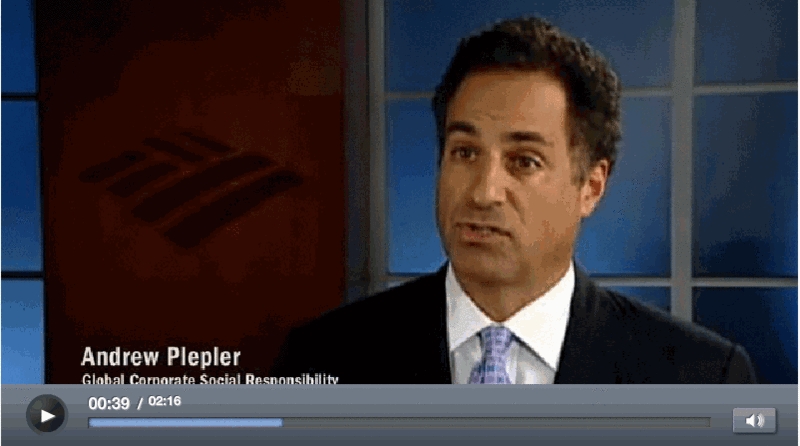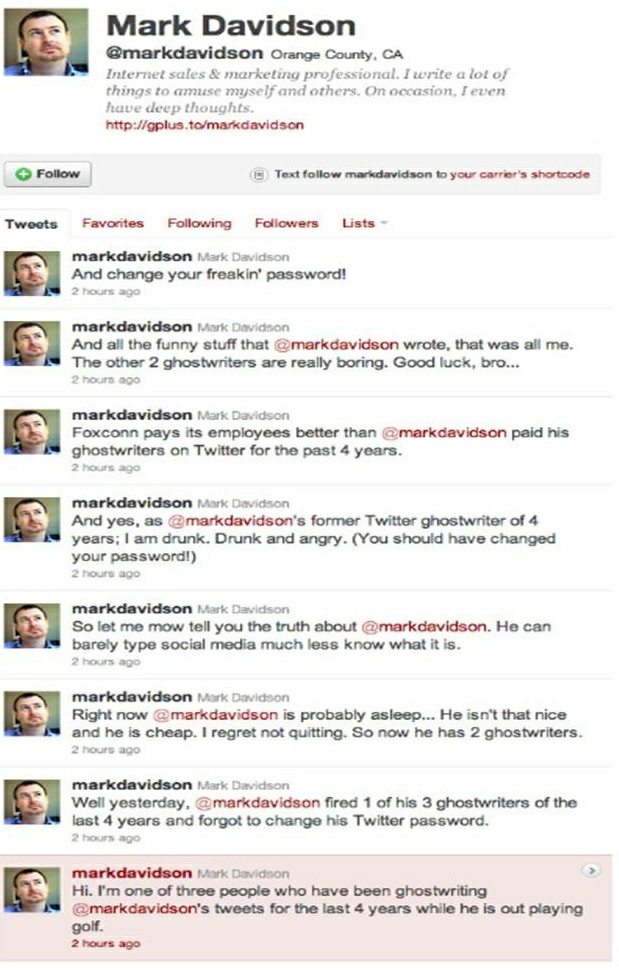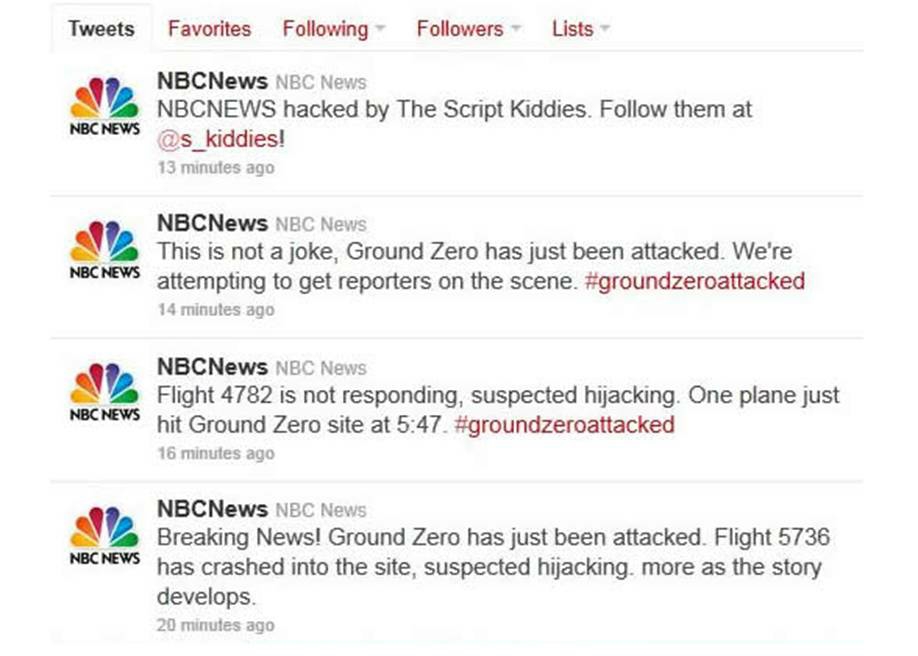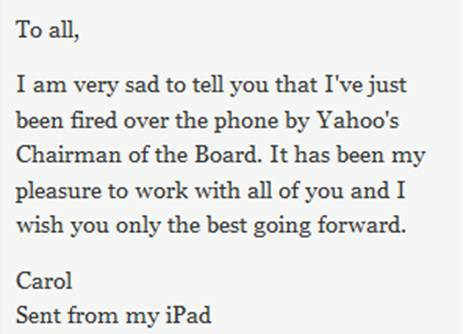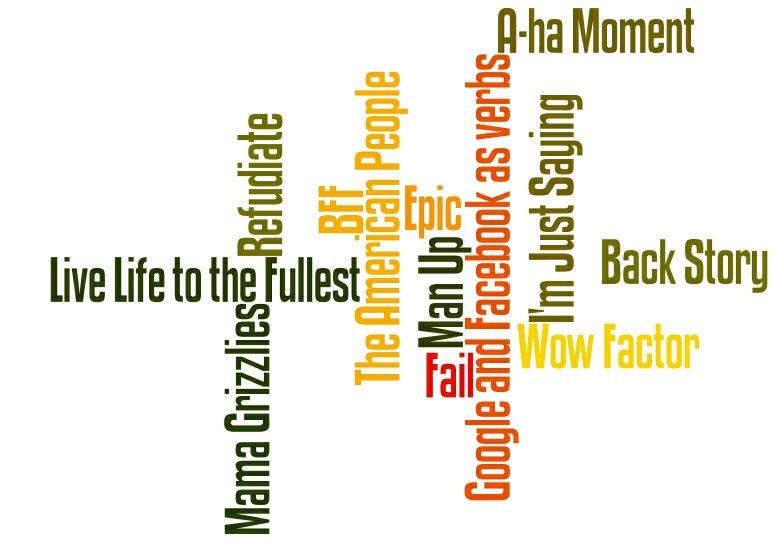Bank of America Tries to Repair Its Image
/As the target of some "Occupy Wall Street" demonstrations, Bank of America is fighting back. The company's image has suffered in part because of many foreclosed homes (and "robo-signers"), a recent announcement of $5 monthly fees for debit cards, 30,000 layoffs, and a poorly timed website outage. Now Bank of America is running ads in major cities to focus on its good work: charitable donations, small business loans, and loan modifications to help homeowners prevent foreclosure.
Bank spokesperson T.J. Crawford explains, "The campaign aims to deliver the facts about Bank of America's local impact. Sharing the significant work we do at the local level and critical role we play is more important than ever." An ad that ran in Charlotte, NC, the bank's headquarters, had the tagline, "We're working to help keep the North Carolina economy moving forward."
In July 2011, Bank of America published its first Corporate Responsibility Report. On its website, the bank reaffirms its "commitment to shareholders, customers, and clients." In a video on the site, the company gives several examples of how it has served local communities.
Discussion Starters and Assignment Ideas:
- The "Executive Summary" of Bank of America's Corporate Social Responsibility report is 16 pages (download). How does this differ from a typical executive summary? Why do you believe Bank of America took this approach?
- Convert the executive summary to a more typical one-page executive summary. What is most important to include, and how can you present this information? For variety, write two versions: one as paragraph text and another in presentation software format (e.g., PowerPoint).
- How do you assess Bank of America's messages? Do you buy its image as a socially responsible company? Which messages in the CSR video do you find most and least convincing?
